Engineering with Purpose
New center reinforces engineering fundamentals, a commitment to lifelong learning and service to society
By Colleen Donnelly
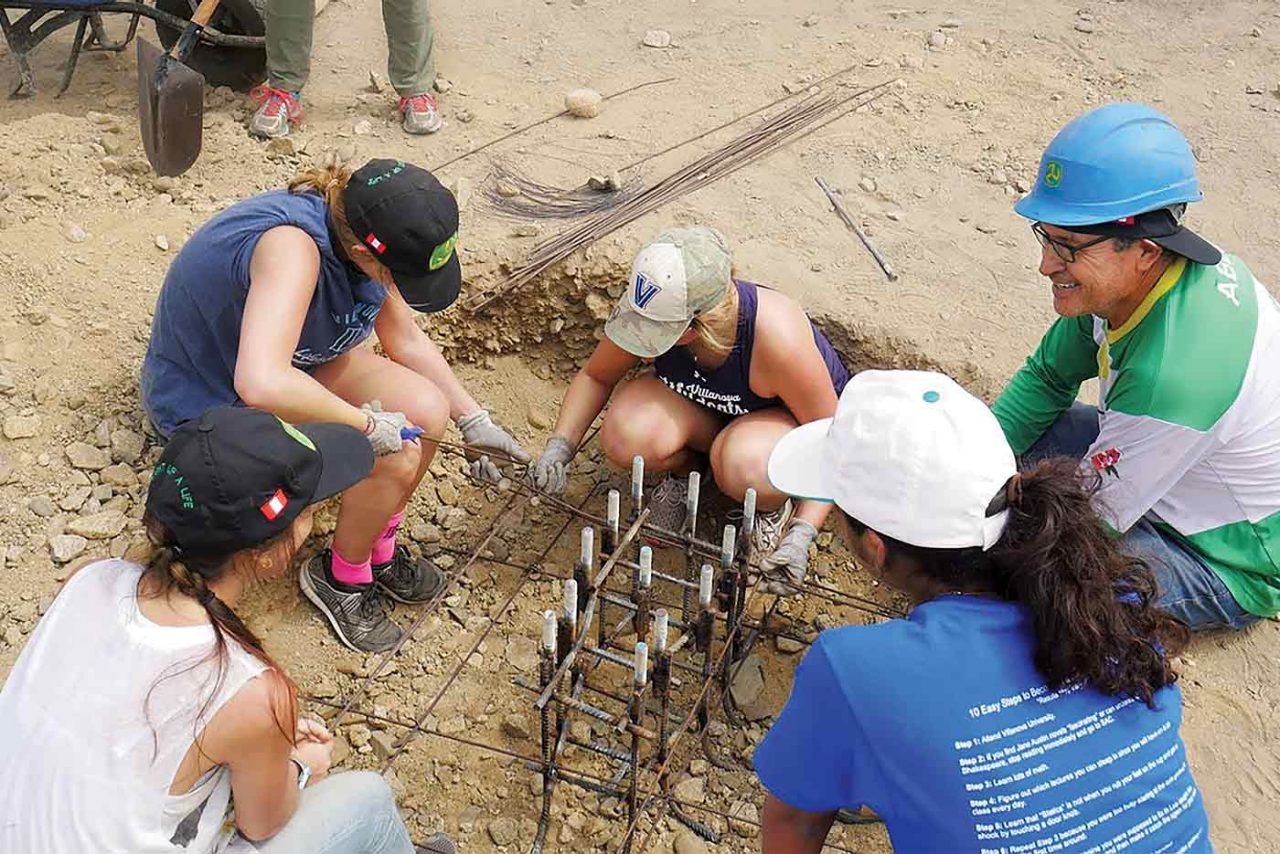
“At some level, all engineering is humanitarian,” says Jordan Ermilio, PhD, ’98 COE, ’06 MS, director of Villanova’s new Center for Humanitarian Engineering and International Development. “Engineers often provide services or design systems that improve people’s lives and society as a whole.”
Established in 2020, the Center is an outgrowth of the Villanova Engineering Service Learning program, which was formally established a decade ago and now works with 16 partners in 12 countries — Cambodia, Ecuador, Ghana, India, Indonesia, Liberia, Laos, Madagascar, Mexico, Panama, Peru and Tanzania. Students and faculty provide technical support in the form of engineering design and research services to humanitarian organizations worldwide.
“The most exciting part of this center is that we have successfully integrated outreach with curriculum and research,” Dr. Ermilio explains. Students work on engineering projects that include the design of educational technologies that improve access to high-quality learning resources in remote schools, and research projects on best practices in development that explore sustainability metrics.
The Center delivers a rigorous curriculum on complex global challenges through a new Humanitarian Engineering minor and an International Development track within the College of Engineering’s Sustainable Engineering graduate program. Working with hundreds of students, from first years to PhDs in various disciplines of engineering, the Center engages with international partners in a variety of projects aimed at improving the quality of life for people in developing communities.
“At the same time, we are performing high-quality research using methods that engage partners and communities as co-creators of knowledge,” Dr. Ermilio says. “We develop research questions and strategies as a team.” Ethical engagement is the guiding principle at the root of this work, with three core principles: partnership, community and humility.
“We firmly believe that empowering the local communities to address their own needs is essential to long-term sustainability,” Dr. Ermilio explains. “We teach our students to look at local community members as experts in their own development. To solve a problem, you must first understand the problem, and no one understands it more than the people who live with it.”
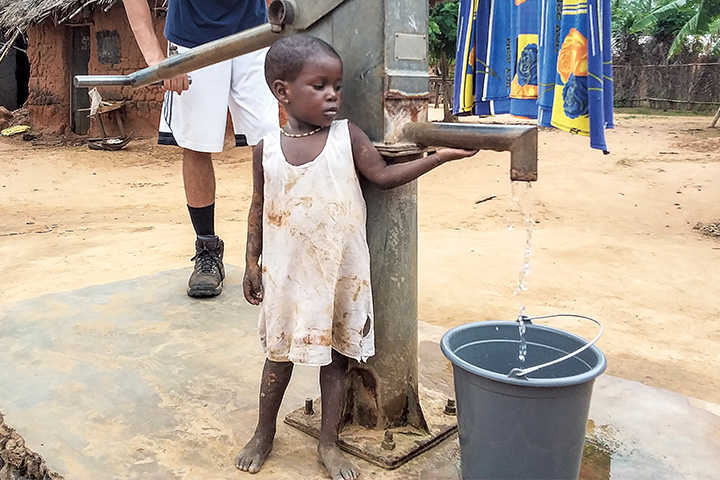
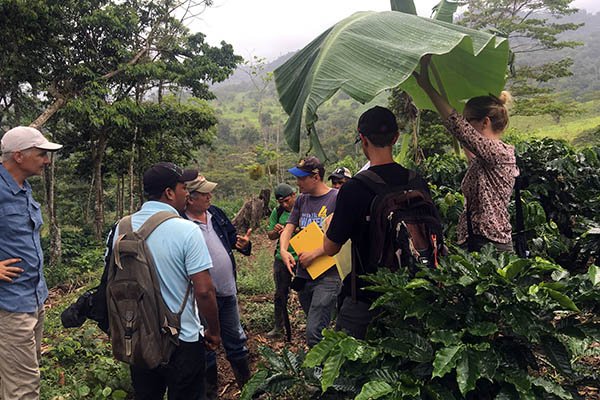
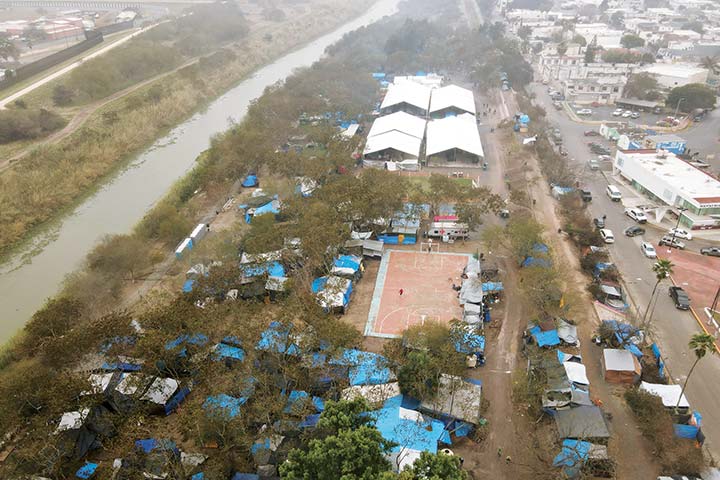
“ Meeting the needs of a new generation of students means providing experiences that address complex global issues with divergent views and multicultural awareness. ”
- Jordan Ermilio, PhD, ’98 COE, ’06 MS
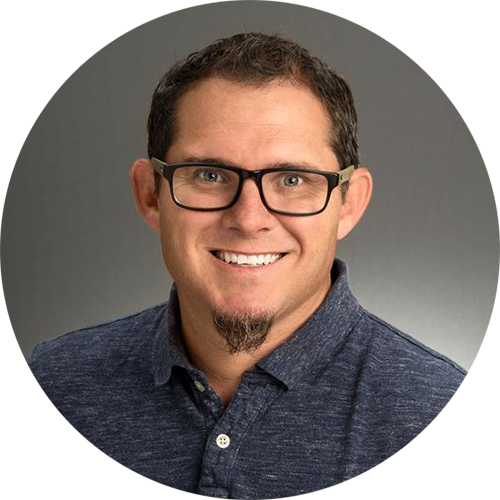
A Landmark Partnership
Villanova Engineering students and faculty have been working with organizations to support water infrastructure since the early 1990s—but in 2016, they took their efforts to the next level through a unique partnership with Aqua America, Inc., a division of Essential Utilities.
Over the past five years, together they have impacted thousands of lives in developing communities, supporting water supply projects in Panama, Nicaragua, Ghana and Madagascar. “This work has set the bar for how universities can work with private companies and is the new standard for outreach that now includes experts from the private sector,” Dr. Ermilio says. “Aqua engineers address challenges related to water infrastructure as a career, which helps bridge the gap in remote communities where piped water is a new technology.”
In Nicaragua, communities that were hit by hurricanes this past year had water supply systems that were destroyed because of landslides. Villanova students and Aqua engineers worked with local staff from El Porvenir, an organization that supports community development in the region, to rehabilitate several systems.
“The most important part of this partnership is that the projects are partner-driven and there are models in place to ensure that they are sustainable with on-the-ground support,” says Kimberly Joyce, vice president of Regulatory and Government Affairs at Essential Utilities. “Villanova students are always looking to solve problems, and they come up with very creative ideas to do so.”
NEXT IN NOVA-WORTHY
Mary McGonigle, DO, ’88 VSB, director of Villanova’s Student Health Center